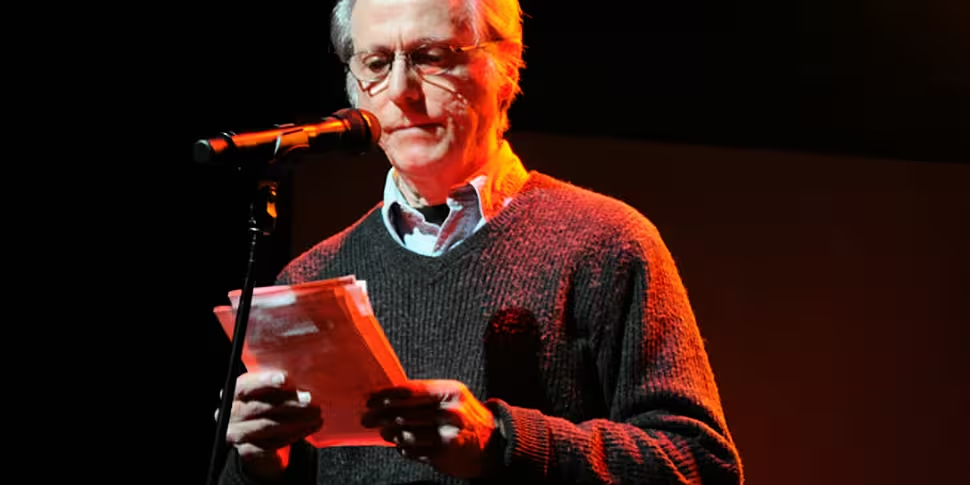In an interview with Maria Nadotti in 1993 Don DeLillo said, “I’m a novelist, period. An American novelist”. Over an impressive career he has written novels looking at everything from global terrorism and economics to maths, art, and language. Given this wide range of subject matter covered in his books this quote is still probably the best way to describe DeLillo.
Susan spoke with Fred Gardaphe, Distinguished Professor of English and Italian American Studies at Queens College, and Tim Groenland of Trinity College Dublin in an attempt to get to grips with this great American novelist and what makes him tick.
Born into a working-class Italian family in the Bronx in 1936 DeLillo spent much of his childhood dreaming up baseball games he would internally commentate on. This active imagination proved beneficial when he left his advertising job in 1964 and began writing. What followed was a flourish of short stories and novels.
In ‘71 DeLillo’s debut novel, Americana, was published. The story of a television network executive turned avant-garde filmmaker it explored and critiqued modern American life and the corporate world. This interrogation of modern American featured in most of DeLillo’s later works, becoming a key part of his literary attraction.
DeLillo’s most productive years came on the back of Americana and he produced seven more novels over the next 11 years. These were largely cult hits though. It was White Noise, published in 1985, that finally propelled DeLillo into the mainstream and established him as a leading American novelist.
A year in the life of Jack Gladney, pioneering professor of Hitler studies, White Noise reflects on some of the major talking points in late 20th century American society. We see DeLillo, again, reflect on the terrors of modern life as Jack deals with the issue of his own mortality, the realities of a violent world, and his place therein.
DeLillo’s next three novels firmly cemented his place in America’s literary ascendancy.
The 1988 bestseller, Libra, imagined the life of Lee Harvey Oswald and the events surrounding the assassination of President Kennedy. Mao II, with its reflections on global terrorism, won the 1992 PEN/Faulkner Award. This massive period of success culminated with Underworld. Exploring some of America’s formative moments and ideas since 1951 Underworld was, like Mao II, a finalist for the Pulitzer Prize.
Running through all of these works is DeLillo’s investigation of American values and the themes and ideas that have dominated the late 20th century. As Fred put it “[DeLillo] projects the paranoia that comes from the people who believe in...the dimestore philosophy that seems to run America”.
You can listen here as Susan, Fred, and Tim talk about the life and writing of Don DeLillo.
This week’s music to read to
The show opens with "Enjoy the Silence" by Sylvain Chauveau with Saimonse bringing part one to a close with "Without You I am Nothing". The show ends with Poppy Ackroyd's "Seven".









